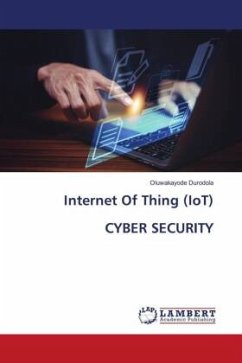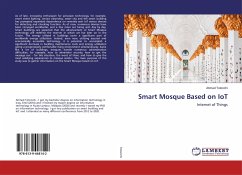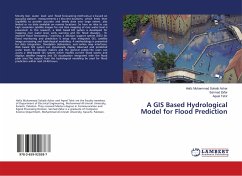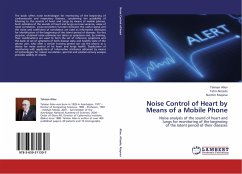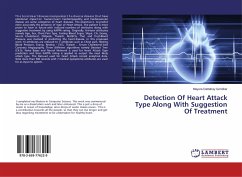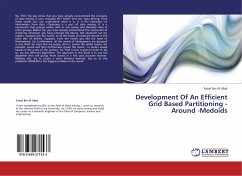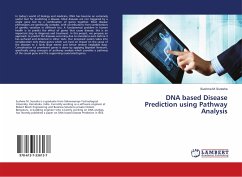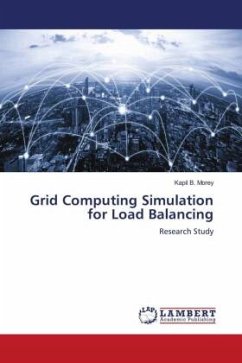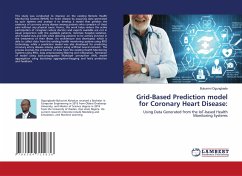
Grid-Based Prediction model for Coronary Heart Disease:
Using Data Generated from the IoT-based Health Monitoring Systems
Versandkostenfrei!
Versandfertig in 6-10 Tagen
36,99 €
inkl. MwSt.

PAYBACK Punkte
18 °P sammeln!
This study was conducted to improve on the existing Remote Health Monitoring Systems (RHMS) for heart disease by acquiring data generated by such systems and analyze it to develop a model that predicts the existence of coronary artery disease among patients who complain of chest pain without any physical cause. Hence, this work helps reduce the active participation of caregivers where doctors and experts available are not in equal proportion with the available patients, minimize hospital visitation, and hospital stay and bills while allowing patients to be actively involved in the treatments o...
This study was conducted to improve on the existing Remote Health Monitoring Systems (RHMS) for heart disease by acquiring data generated by such systems and analyze it to develop a model that predicts the existence of coronary artery disease among patients who complain of chest pain without any physical cause. Hence, this work helps reduce the active participation of caregivers where doctors and experts available are not in equal proportion with the available patients, minimize hospital visitation, and hospital stay and bills while allowing patients to be actively involved in the treatments of their illness. An architecture was developed, which is able to collect data from the existing health monitoring systems using RFID technology, while a prediction model was also developed for predicting coronary artery disease among patient using artificial neural network. The process involves the extraction of data from the existing Health Monitoring Systems using RFID, data preprocessing-filtering and integration, formation of model using back-propagation Multilayer perceptron ANN, model aggregation using bootstrap aggregation-bagging and lastly prediction and Feedback.



